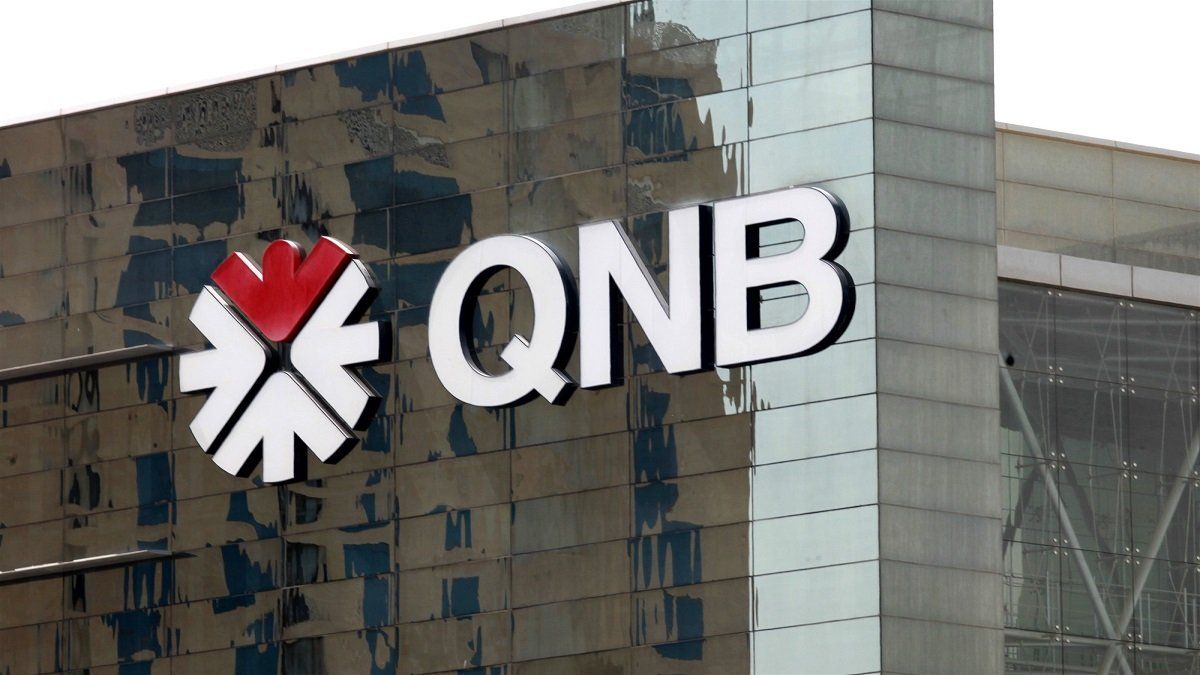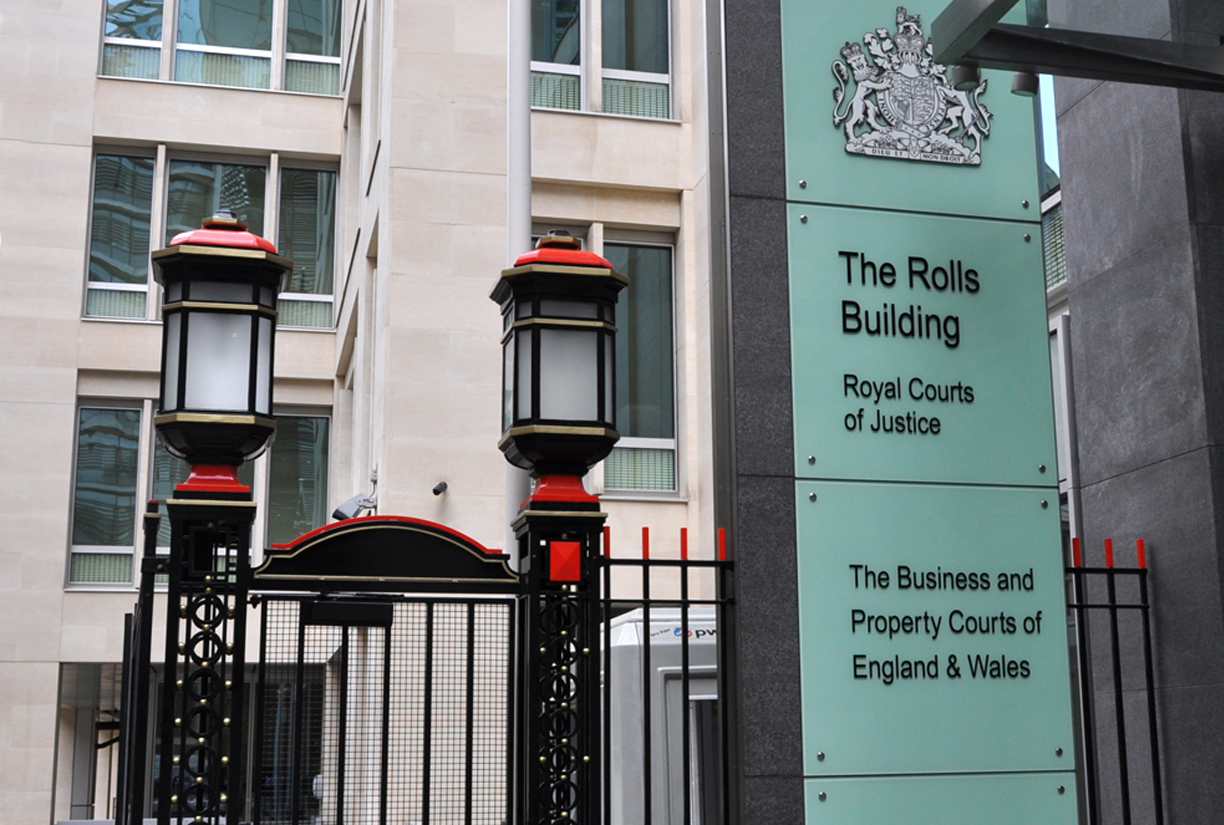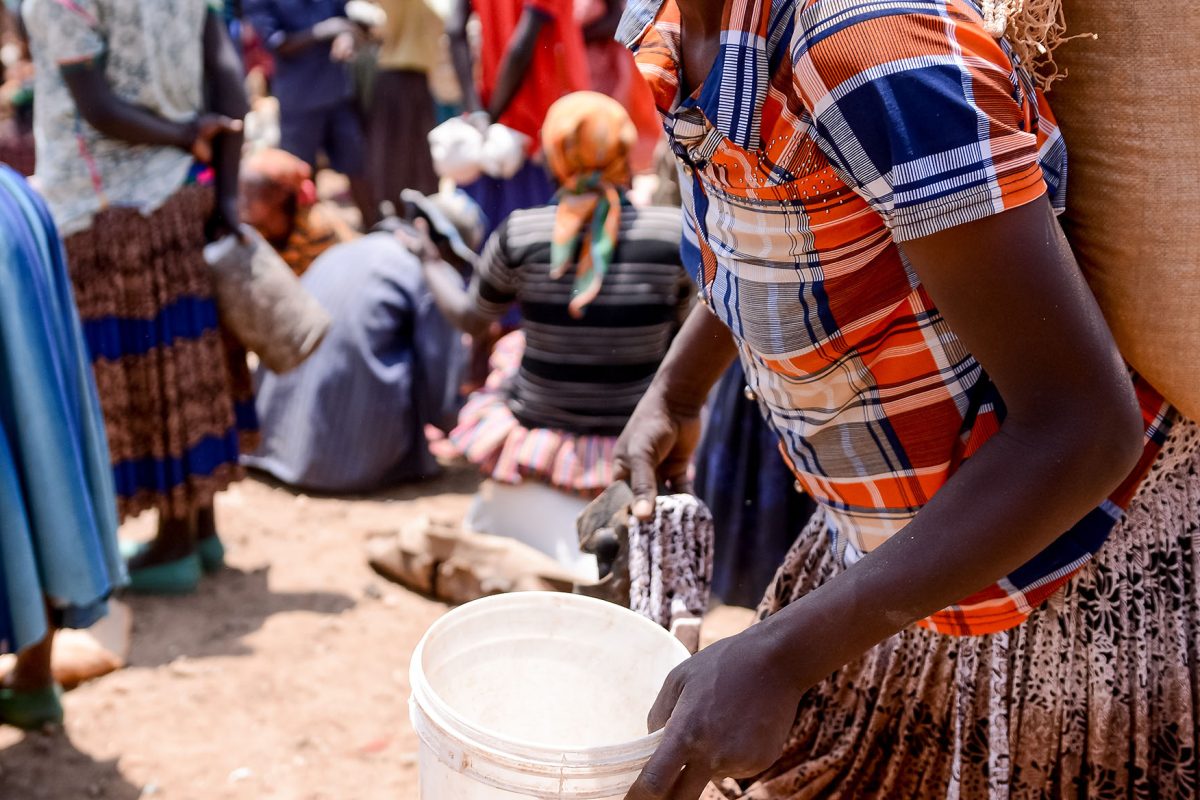On February 19, the Qatar National Bank (QNB) watched as its complaint against the Government of Eritrea’s Ministry of Finance and the State of Eritrea made its way into the United States District Courts of Washington DC to recognize and enforce a foreign money judgment rendered in the United Kingdom. A total of USD 286,123,990.67, plus interest and any future expenses, was the final judgment to be paid by Eritrea to the QNB. We obtained the court dockets and corresponding court documents and have attached them for your viewing.
The story begins on March 12, 2009, when a Commercial Loan Agreement was made between the QNB (lender) and the Government of Eritrea’s Ministry of Finance (borrower) and the State of Eritrea (grantor) agreed on a USD 30,000,000 million loan. The GoE agreed to pay the loan, interest, and expenses in semi-annual installments beginning 36 months from the date of the agreement.
It was also agreed that if for any reason, there was a dispute between the two parties in connection with or arising out of the agreement, the two parties would solve the dispute under the governing laws of the United Kingdom (UK). As seen in Section 11 of Exhibit A:
This Agreement shall be governed by and construed in accordance with the applicable laws, regulations and procedures of the United Kingdom and [] the courts of the United Kingdom or any other courts chosen by the Bank shall have jurisdiction to consider any dispute which may arise out of or in connection with this Agreement and Borrower waives his right to object to the jurisdiction of such courts.

Immediately following the USD 30,000,000 loan agreement, on Feb 17, 2010, the GoE decided to pursue another loan from Qatar, increasing the loan amount from $30,000,000 to $200,000,000. Interest would accrue daily at 7% per year, and GoE agreed to repay the loan in semi-annual installments equaling up to $36,000,000 a year.
The following year GoE would make its first payment in principle in December 2011 of $19.8 million, followed by another payment of $19.8 million in May 2012. However, the May 2012 payment would be the last payment the QNB would receive. In July of 2017, QNB would issue a written demand to GoE. The first letter went unanswered, so they followed up with another letter a few weeks later. Eritrea responded to both in writing, acknowledging their unpaid debts and requesting QNB delay taking further action.
The United Kingdoms Court Proceedings
Despite multiple attempts by QNB and the GoEs acknowledgment of its defaulted loan, Eritrea never made another payment on the loan and ignored QNB moving forward. As of May 10, 2019, GoE owed QNB USD 251,963,288.00.
Since the two parties entered into a commercial loan agreement that specified the UK as its jurisdiction choice for disputes, QNB would take their complaints to the High Court of Justice Business and Property Courts of England and Wales. Here QNB would look to issue court documents to Eritrea by other means. The UK courts agreed that it would be suitable to subpoena GoE via their Eritrean Embassy inside of the UK. The GoE thought that by avoiding the letters and ignoring court documents, they could avoid being served and avoid any further proceeding.
The QNB, with the approval of the Foreign and Commonwealth Office (FCO), would then send two process servers, on two different occasions, to deliver the court documents to the Eritrea Embassy. However, both times process servers were sent, staff at the embassy were advised to reject the documents and send the servers back without resolution. Both instances lead to physical or verbal altercations between the embassy staff and the servers.
The UK courts would later rule that the QNB did try their best to serve official court documents on multiple occasions, that the GoE was aware of the court proceedings and purposely avoided the hearings, and would later award QNB in the case.
[T]he Eritrean Government were aware that the Claimant was seeking to commence court proceedings in this jurisdiction and that the Claimant had taken all reasonable steps to put the Defendants on notice of those proceedings . . . .
Soon after, on July 2, 2019, the English court issued an order giving effect to its judgment. That order expressly recites that it constitutes a Final Judgment . . . in favour of the Claimant and against the Defendants. It directs Eritrea to pay QNB the sum of US$253,388,350.08, reflecting the outstanding principal and interest accrued. It also directs Eritrea to pay 70,000 in costs. Both amounts were due within fourteen days, with interest accruing at 8% per year thereafter.

In the year and a half since the UK court entered judgment, GoE still has not paid any of the amounts it owes to QNB.
Case Reaches the United States
On February 19, 2021, the case was assigned to Judge Thomas F. Hogan of the United States District Court in Washington, DC. As of February 18, there have been several proceedings, and US District Courts have acknowledged that with interest, the GoEs loan is at USD 286,123,990.67. Because the GoE refuses to pay, QNB is now permitted to search anywhere in the world where GoE may have assets and retrieve those assets to satisfy its debt.
Since 2019 the case has gone from the UK to the US, which spells disaster for the people of Eritrea. Sovereign debt can be a good thing when followed up with good credit. It can allow a country to borrow to develop its roads, buildings, railways, and many other projects that are good reasons for its government to have a healthy debt. There’s essentially nothing wrong with being or going into debt as a country. When a country then defaults on its debt, it becomes a problem.
A sovereign default is when a country’s government is not able to or refuses to pay back its debt to another country or financial institution, or lender. Similar to when you are not able to or refuse to pay back a loan, your credit score is affected. You may even go into collections, which in this case, Eritrea has. A government having a bad credit score in the eyes of the UN is very bad for the people of Eritrea. This now means that any future loan agreements for projects or developments will likely be viewed as too risky or very high risk for investors. Eritrea will probably have to turn to more predatory lenders like Russia or China.
The reason for Eritrea’s refusal to repay the debt is still unknown. Since the QNB decided to take matters to higher courts in 2017, there was a change in the way Eritrea’s Ministry of Information tweeted about Qatar.
Press Release in Arabic on forged Eritrean Foreign Ministry Letterhead on severance of ties btwn major Arab countries & Qatar is #Fakenews
— Yemane G. Meskel (@hawelti) June 10, 2017
Press Release:
— Yemane G. Meskel (@hawelti) November 28, 2019
Qatar: Unbridled Acts of Hostility
Qatar's ten-point, nefarious, if inconsequential, agenda of hostility against Eritrea https://t.co/Hz4oxSXKqL pic.twitter.com/4gq4Tg4nyz
Qatar Airways CEO: "Service to Eritrea opens doors to even stronger business ties and greater commercial development" http://t.co/mIRbtWqEH4
— Yemane G. Meskel (@hawelti) January 13, 2015
MOI Press Release: Why does Qatar get involved in senseless intricacies against Eritrea https://t.co/1ItMXEAkYn
— Yemane G. Meskel (@hawelti) March 23, 2018
GoE has until the end of this month, May 2021, to respond to the most recent findings. The impact of these proceedings is something we will keep an eye on as those that will likely be affected most are the people of Eritrea.


